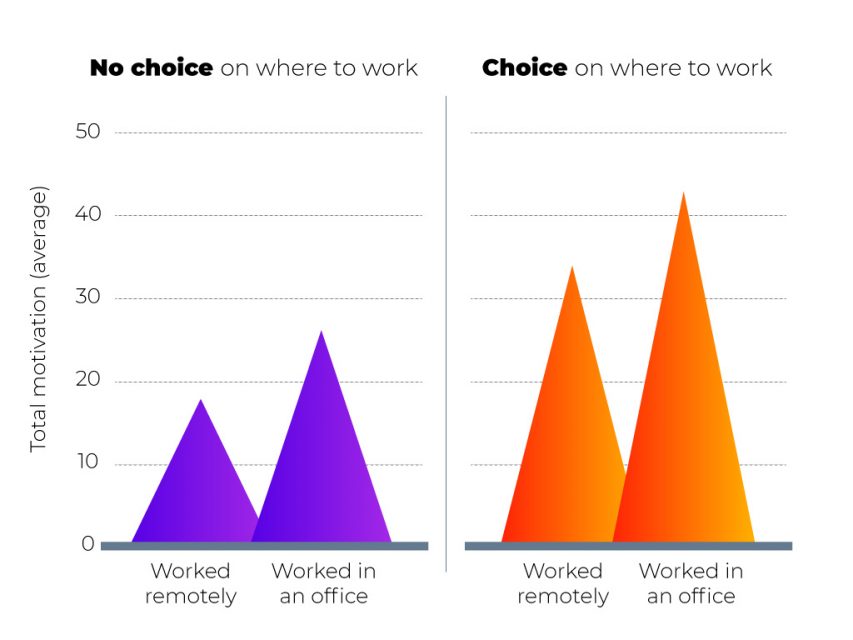If you look at the streets of New York right now, you’ll see that the world has stopped. Places like The Big Apple that used to be packed, now look abandoned due to the COVID-19 pandemic. It’s all due to the disease control and prevention measurements that are even introducing lockdowns to slow the spread of the coronavirus.
According to the latest statistics, there are 678,210 COVID-19 cases in the United States by 17th April. Experts claim that these numbers will rise, and this type of uncertainty that comes along with the virus will continue to linger for some time. Nobody knows when the coronavirus pandemic will come to an end.
The consequences may be significant, taking into consideration the collapse of the economy and the psychological impact on the vulnerable groups of people. Mental health gets attention nowadays since some people feel insurmountable pressure due to the stay at home order that prevails in most countries. Nevertheless, it has to be noted that these orders by the centres for disease control and prevention (CDC) aim to protect public health.
What Can We All Learn from the COVID-19 Pandemic?
On a more positive note, it’s not all bad when it comes to the changes that coronavirus abruptly introduced to the world. Now, we finally have some time for ourselves!
Besides, the long-awaited digital transformation came quicker than we ever expected. Working from home has become the new standard for all those employees that have a chance to do so. Most companies are relying on video calls to prevent face to face contact.
Since we’re being pushed into digital transformation, companies are facing issues that they’ve never considered before. They are seeing the significance of remote work, that in times of COVID-19 is keeping their company alive. Nevertheless, they might not be prepared for going fully remote and managing a remote team. For companies that don’t have any remote team management experience, it might be a challenge to juggle with the newly formed virtual teams from different time zones.
The silver lining is that companies that have been pushed into remote work, can learn from those that have already been managing remote employees. On the other hand, companies that have beforehand noted the importance and value of remote work maybe dealing with remote team members who are stressed and defocused throughout the pandemic. So, they will need a refresh to motivate every remote worker to do their best in times of despair, such as these.
For that purpose, below, you can find some insights concerning work with a distributed team while keeping your employees motivated and focused.

Why Do Remote Teams Lack Motivation During the Coronavirus Pandemic?
A survey by HBR shows that remote teams tend to be less motivated than those working from an office. The motivation was the lowest in those that had no choice concerning their job. Below you can have a visual of percentage and numbers within the survey.
As mentioned above, remote employees during COVID-19 tend to struggle with anxiety or similar mental health issues that are meddling with their motivation to work. They also might feel an increasing emotional pressure due to the strict regulations by the centres for disease control within their country. So, even though team management doesn’t come with a definite guide for emergency times like this, managers have to be creative.
Engaging and Motivating the Remote Team is the Management’s Job
When your employees are under pressure, you shouldn’t add fuel to the fire. Make sure you set clear limits and expectations, while also doing your best not to micromanage them. Daily communication is essential so that you can inspire your remote teams to be productive.
If the work they are doing isn’t engaging and interesting enough, show them the contribution of their work. Sometimes, employees can be more motivated when they have a clear goal in mind, working for a particular cause. For instance, let’s imagine that you have a remote tech team and you’re building a software platform. If you clearly state the benefits that other people would get once the software is ready, you’ll increase the motivation in your team.
Even though your remote team may consist of many members, make sure they are all individually contacted, and you have a video call with each one of them at least once a week. This way, you can adequately express the feedback, and each employee will feel appreciated for the work they’re doing. Don’t leave out conference calls as well since the basis of proper work lies in team working.
It’s essential to take into consideration personal issues in times like this because they could be silently affecting your employees and the work they’re doing. If you see that some of your employees aren't performing at their best, pay more attention to the person. You can always support them or even involve some additional online mental health counselling with a professional after their working hours.

Be the Example Remote Employees Would Look up To
What has to be emphasised is that employees will almost always see an example of how things should be done in their manager. Therefore, it’s the manager’s job to set a good example. Trying to be positive and productive during COVID-19, will have a threefold benefit once the crisis is over. Make sure you communicate this message to your remote team so that they know that their work and productivity is valued and vital.






